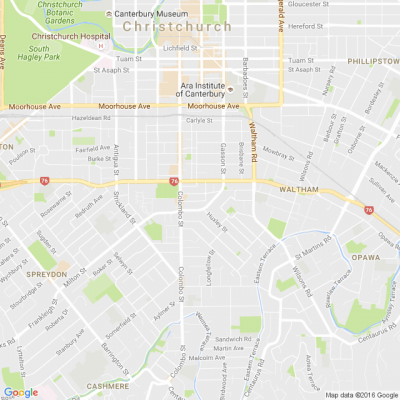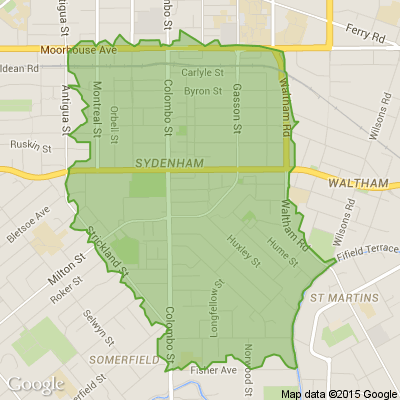Restraint of Trade - The Lowdown
What are they?
Restraints of trade are commonly misunderstood. In this eBites article we hope to demystify them for you.
Trade restraints are regularly used to restrict the way in which entities or individuals conduct business. They’re often found in commercial contracts, such as agreements for the sale and purchase of a business, franchise agreements, partnership agreements to name a few examples.
They can also be included in commercial leases to protect the business of neighbouring tenants, or by landlords wanting to increase the value of their investment by restricting the business use at the particular location. The owner of a shopping complex for example may wish to prevent tenant businesses conducting similar activities to their own, or from changing the type of business in future.
Many employees will also see them if they check their employment agreement, particularly if they occupy a senior role or have access to confidential information or client relationships that are sensitive to their employer’s operations.
A lesser known, but still important, example of a restraint of trade is the encumbrance that can be registered on a property’s title to prevent a future owner from using the property for a particular commercial activity.
As you can see from all this, trade restraints are varied and often used.
Are they enforceable?
This is the main question we get asked. Many people think such restraints are unenforceable and they can do what they want regardless of them being subject to one. That isn’t necessarily true. Whether a particular restraint of trade is enforceable will often come down to reasonableness. That is a term that has long been the subject of legal debate and can vary on a case by case basis.
Geographical restriction, the nature of the activity restricted, the timeframe of the restriction and whether benefits have been given for the restraint that reflect the obligation imposed are all relevant to reasonableness and its enforceability. These are all important, as the courts have wide powers to modify or remove restraints of trade, or to decline to enforce them altogether in the absence of reasonableness. This last power was interestingly referred to as the “blue pencil rule” in the past and is now found in section 83 of the recently enacted Contract and Commercial Law Act 2017.
Restraints of trade clauses often say that the parties agree they are reasonable, that consideration has been provided for them, and that they are separate from other obligations in the contract. However, there is no such thing as a standard restraint of trade, and the particular context should be carefully considered before parties agree to such a restriction or when considering enforcement.
The best legal advice we can give here is to have us review a contract containing a restraint of trade, or when you think it could be worthwhile putting one in it prior to signing. We are best placed at that point to identify potential fish hooks and protect your best interests for the future. Getting our advice on enforceability, if this becomes live, is also important.

Poll: 🤖 What skills do you think give a CV the ultimate edge in a robot-filled workplace?
The Reserve Bank has shared some pretty blunt advice: there’s no such thing as a “safe” job anymore 🛟😑
Robots are stepping into repetitive roles in factories, plants and warehouses. AI is taking care of the admin tasks that once filled many mid-level office jobs.
We want to know: As the world evolves, what skills do you think give a CV the ultimate edge in a robot-filled workplace?
Want to read more? The Press has you covered!

-
83.3% Human-centred experience and communication
-
16.7% Critical thinking
-
0% Resilience and adaptability
-
0% Other - I will share below!
Emma’s wedding dress reveal tells a different love story
A Valentine’s-inspired wedding dress show at Ryman Healthcare’s Logan Campbell Village is providing the perfect opportunity for residents to share memories of their romantic day.
But for Emma Muller, it has also turned into an opportunity to celebrate her late daughter Nicola, who died 19 years ago at the age of 37.

Poll: Should the government levy industries that contribute to financial hardship?
As reported in the Post, there’s a $30 million funding gap in financial mentoring. This has led to services closing and mentors stepping in unpaid just to keep helping people in need 🪙💰🪙
One proposed solution? Small levies on industries that profit from financial hardship — like banks, casinos, and similar companies.
So we want to hear what you think:
Should the government ask these industries to contribute?

-
59.4% Yes, supporting people is important!
-
26.4% No, individuals should take responsibility
-
14.2% ... It is complicated






 Loading…
Loading…